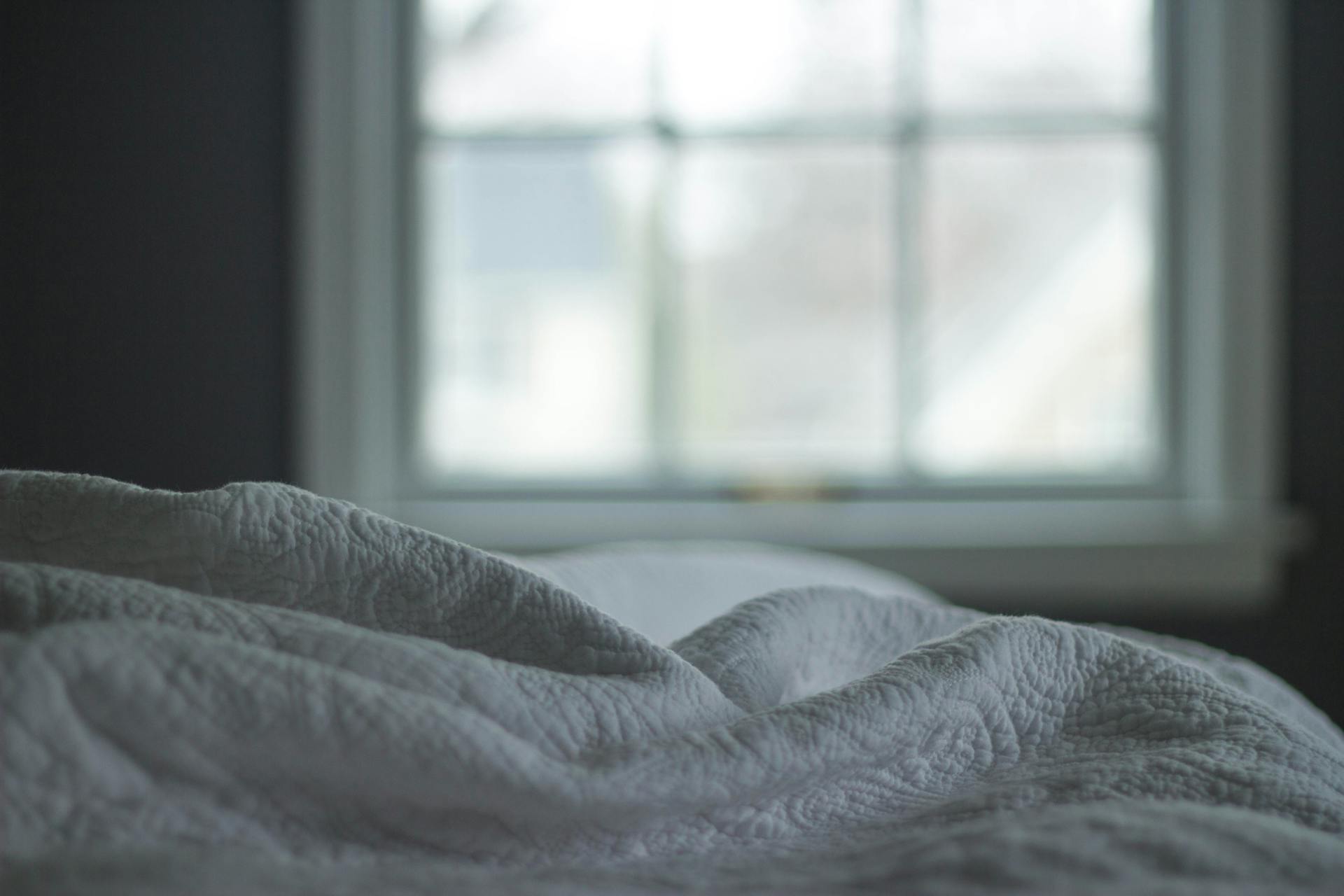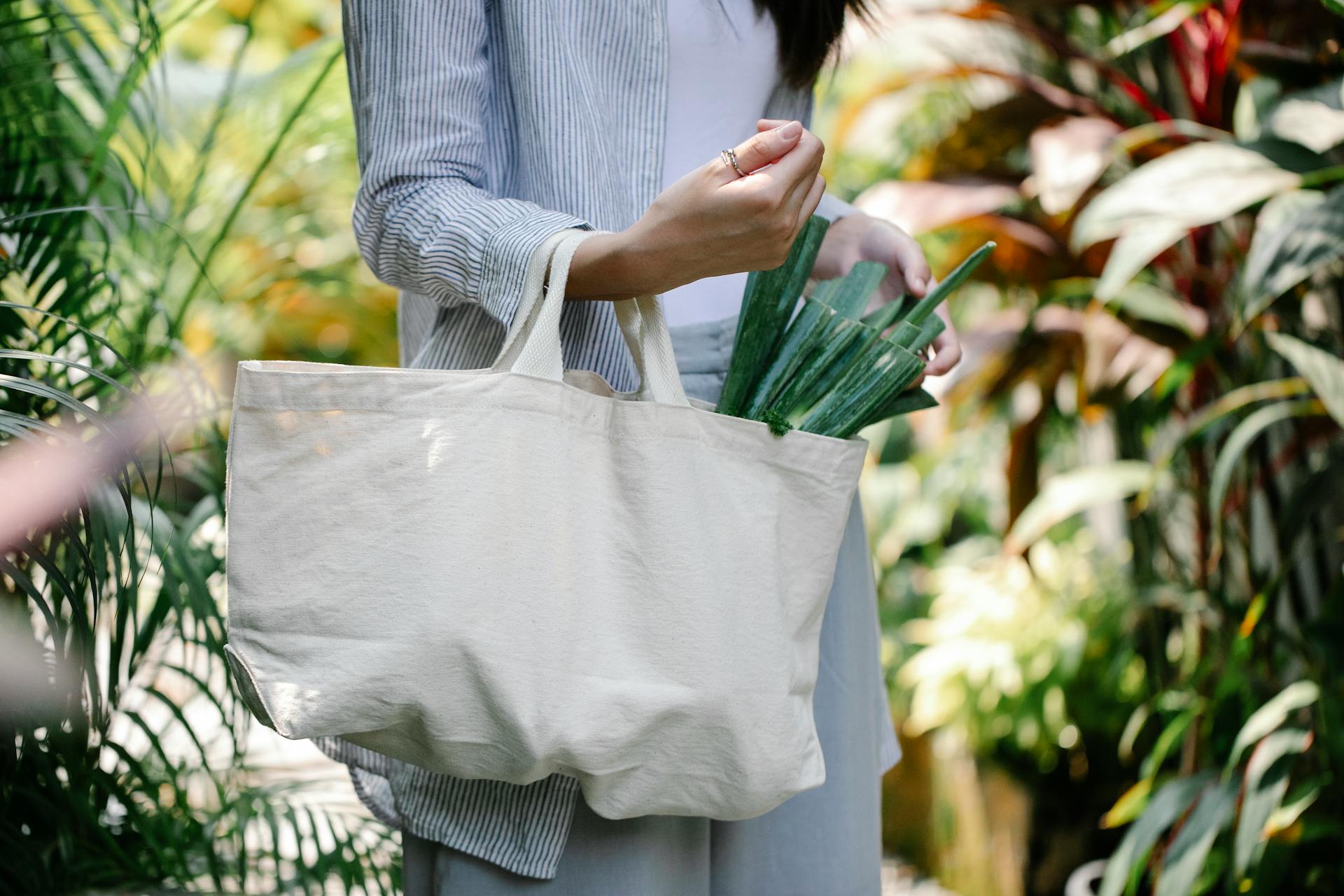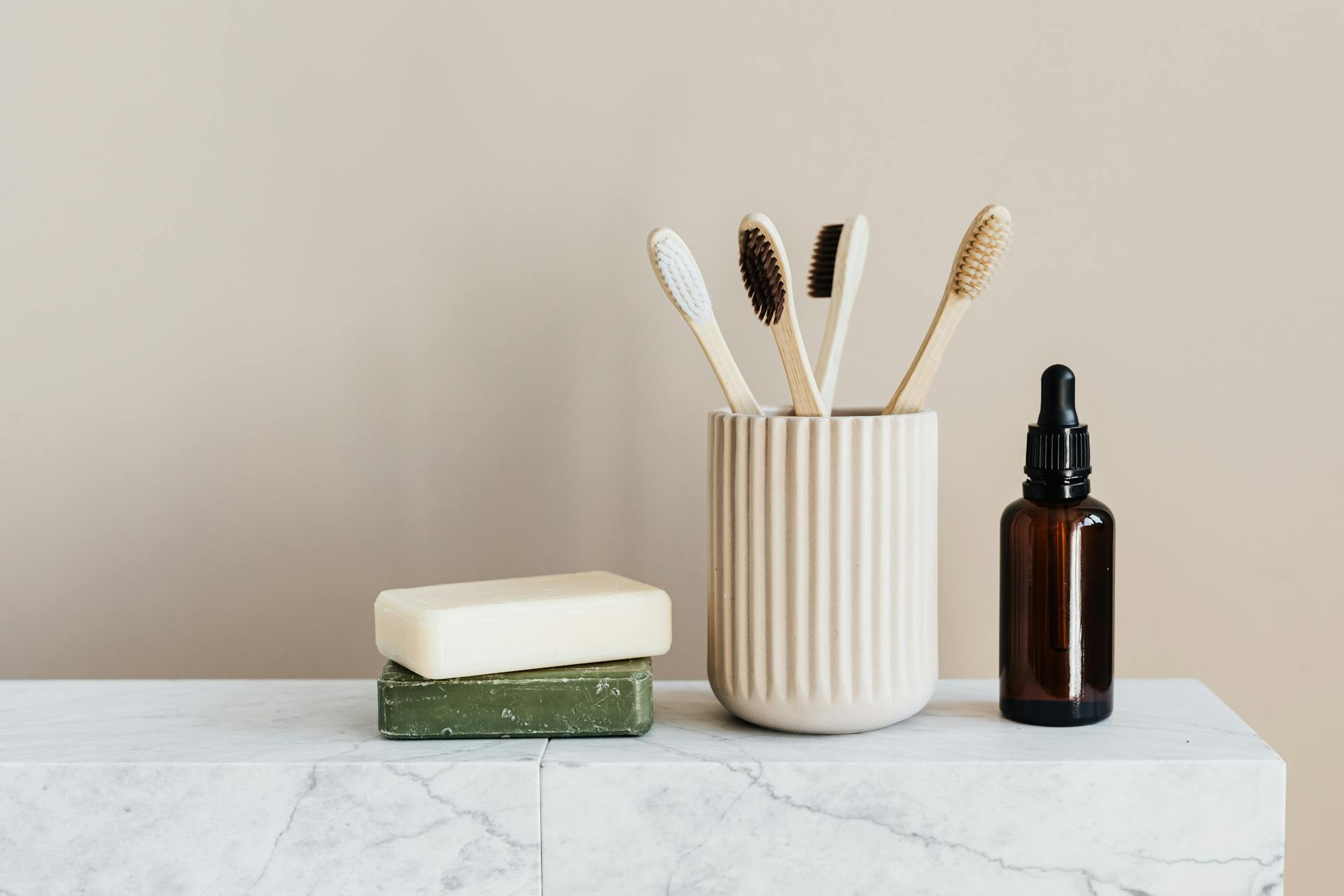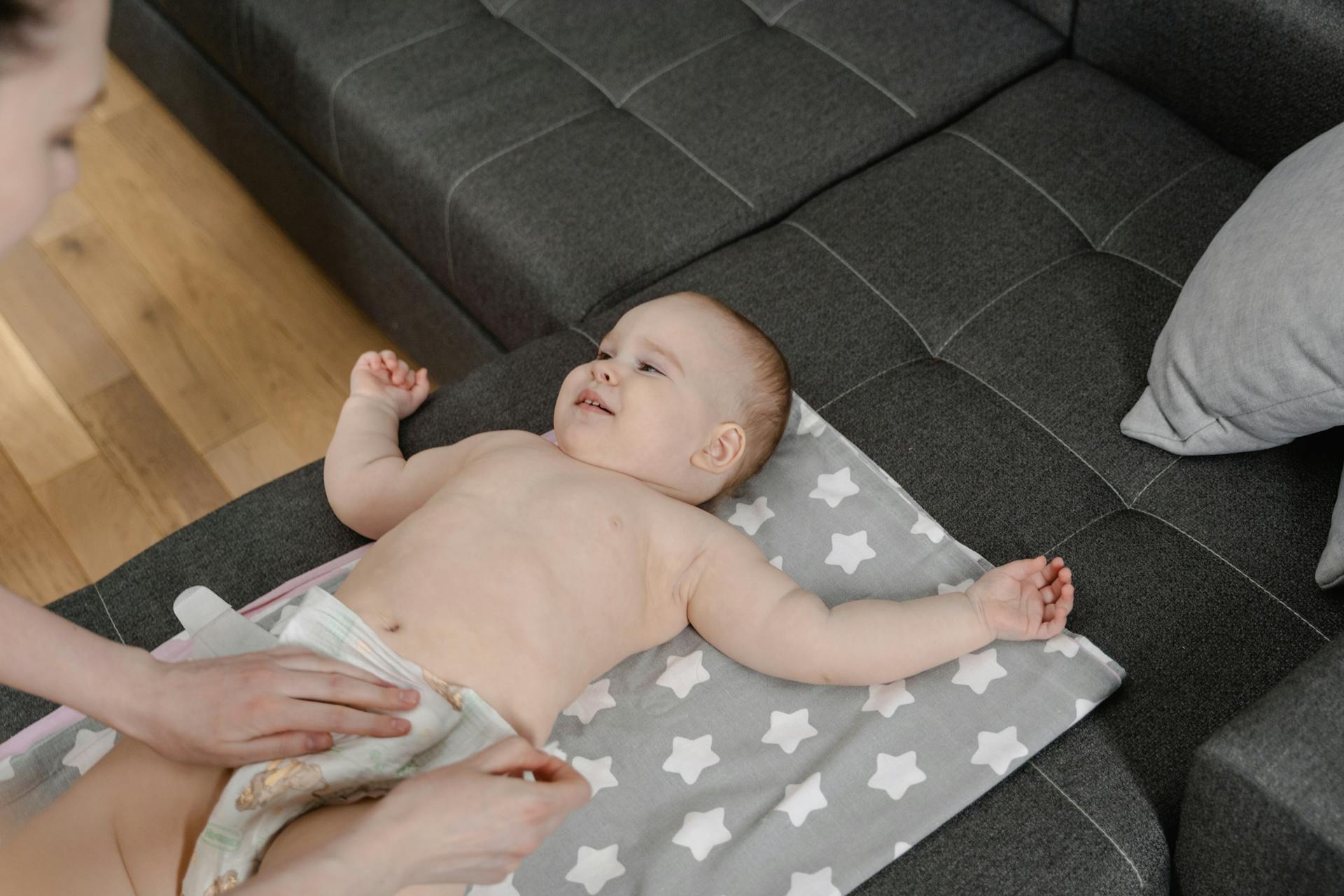Yes, zero waste affects all aspects of life! So we’re going to talk without filters, without taboos and a little muy caliente today…
Why do I suddenly want to talk about sexuality here? Well, I have a friend who came to see me all embarrassed and who after a few minutes of beating around the bush asked me the question: “but how do you do after the act to… well you know… when it leaks… well, what do you do to not use disposable paper… to… to… wipe yourself…?”
Well yes, what a good question in the end!
Well, I simply replaced my paper towel/tissue with a washable fabric handkerchief that goes straight into the laundry basket. I have several designed for this purpose and it works perfectly.
So just to give you a bit of background on my status, I’ve been in a relationship with the same boyfriend for almost 6 years now and my zero waste transition took place 3 years ago. So this story of changing my habits regarding disposable paper was something we both experienced together.
As a feminist, I find it very important that women free themselves from prejudices and taboos around their bodies and sexuality and not be ashamed to ask questions about these subjects. We are talking more and more about menstrual cups, everywhere and without taboos and I think that’s great! By the way, if you didn’t know, there is a site that lists all the “cup safe” places to wash your cup in the world and of which I am one of the ambassadors 😉
So, I realized that in addition to the cup and washable tissues, there are 2 other aspects of sexuality that can be zero waste and better for your health.
(Please note that these are just tips, I am not a gynecologist and what works for me may not work for others.).
CHANGING CONTRACEPTION:
After years of hormones, pills and other crappy contraceptives, I had a non-hormone copper IUD fitted 7 years ago. I kept it for 6 years (changed the module after 5 years) and I have to say that it is a great method of contraception. It even works for nulliparous women because there are smaller versions.
No risk of forgetting to take the pill, no hassle, no waste, no hormones, no urine polluting the water table… A very good alternative for your health and the environment.
Today I am following a more natural method, which is more suited to people in a single-partner relationship: symptothermal method . Compared to other so-called natural methods, it is the only contraception that is based on at least two criteria to determine the fertile and infertile phases: cervical mucus, position of the cervix, internal feeling + temperature. It will soon be 1 year and I find that this method, in addition to being effective, has really reconnected me to my female body. But be careful, it requires precision and a little organization. You will find very good explanations here or here .
BUY ECO-FRIENDLY CONDOMS:
MEGA DISCLAIMER : zero waste condoms don’t matter!! Don’t tell yourself “I don’t want to produce waste so I don’t use a condom when I should”. It’s really the waste that we should not care about the most! I’m not going to lecture you on AIDS, STDs…
On the other hand, we can choose better condoms, natural, healthy, fair and good for the planet.
Today, 4 billion condoms are produced each year from oil. Condoms are made of plastic (polyurethane) or synthetic latex. Most of them are manufactured in Thailand, and they are enriched with preservatives, flavorings and other chemical stabilizers that can cause irritation, allergies or fungal infections. Not to mention that these condoms are therefore full of endocrine disruptors…
Here are some sites where you can find natural, non-toxic and equally effective condoms:
The Green Condom Club
Fair Squared
Glyde
Birds’n Bees





